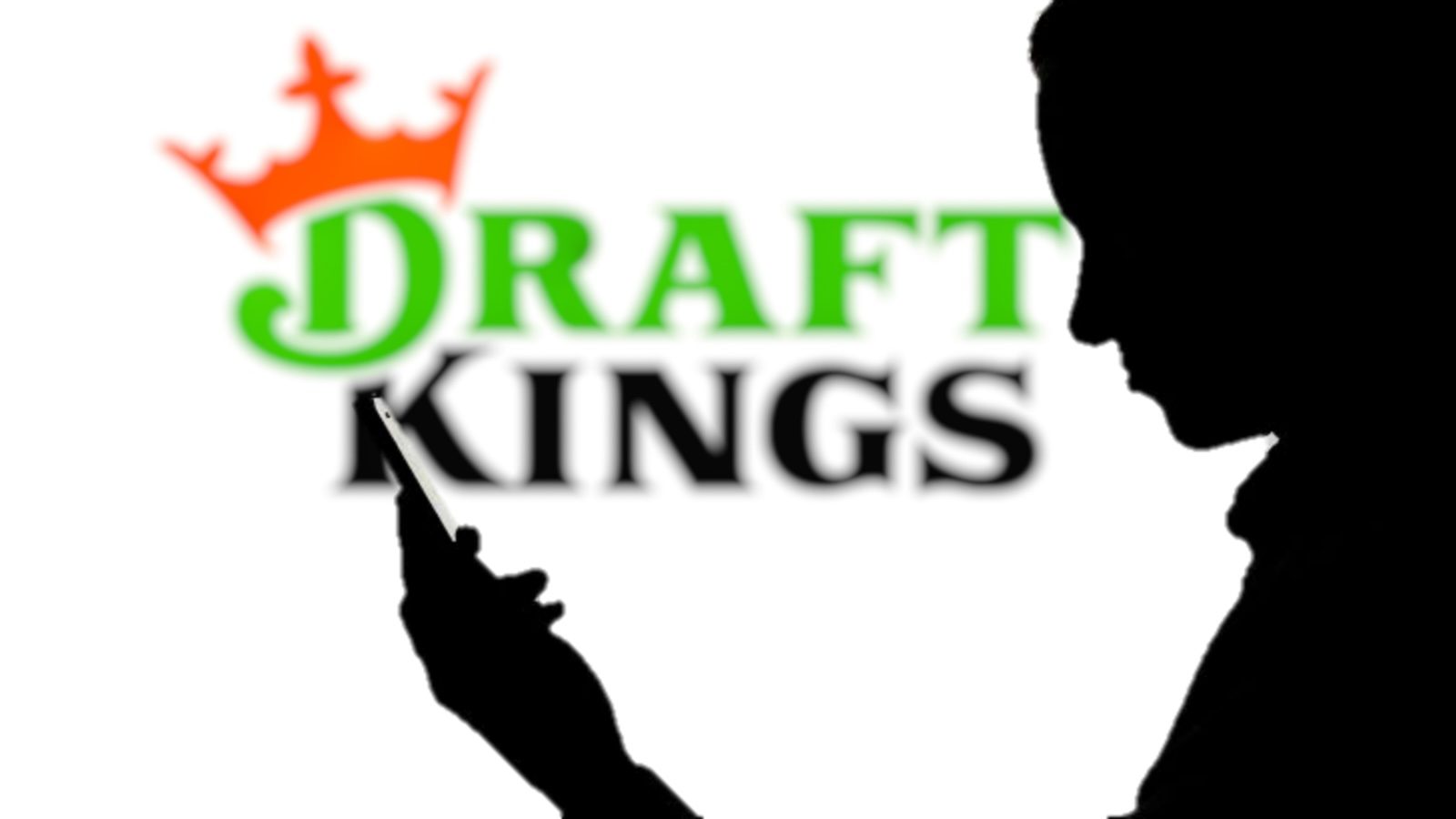DraftKings boss Jason Robins says prediction markets could force the hand of states and tribes that haven’t legalized sports betting, arguing that wagers on sports are now in their jurisdiction “whether you want it or not.”
The rise of sports event contracts at exchanges like Kalshi, Robins said in an earnings call Friday, is a “powerful lever” that could put pressure on California tribes or states such as Texas to legalize sports betting.
Unlike rival FanDuel, DraftKings no longer appears to be planning to directly play a part in the world of sports event contracts, or at least plans have evolved. Last month, DraftKings withdrew its application to the National Futures Association for a license to sell derivatives, which would have allowed it to open its own prediction exchange. Yet DraftKings may be pursuing other methods for entry into the sector as a Designated Contract Market with the Commodity Futures Trading Association (CFTC), perhaps via acquisition or partnership.
When asked about the CFTC-regulated sector, Robins still sees value for his business.
“I think that as it grows it’s going to be a powerful lever, basically, ‘This is happening whether you want it to or not.’” he said. “If you’re a California tribe or a state that hasn’t legalized, the question is now ‘Do you want to be part of it or do you want to watch it happen led by someone else?’”
Last month, major commercial sports betting operators including DraftKings outlined a plan in which the state’s 109 tribes form a single entity that would contract with four of the market-leading operators to offer online sports betting in California.
Bet365 acquisition unlikely, not impossible
Robins also discussed his business’s acquisition strategy, amid speculation linking DraftKings with a potential mega-merger with UK-based Bet365, which is among the leaders in most non-U.S. markets. Robins said DraftKings wasn’t focused on overseas deals, but wouldn’t rule one out under the right circumstances.
“We don’t think we need it right now but if the right opportunity came along obviously we’d consider that,” he said. “The bar is very high given our focus on the U.S. and the size of the opportunity in the U.S. We don’t want anything that’d be a distraction to what we’re doing here.”
He suggested that DraftKings’ acquisition strategy is more likely to continue along the path that led to recent deals to buy Simplebet and Sports IQ: bolt-on businesses that can benefit the wider group by reducing third-party supplier costs.
Other subjects Robins touched on included AI, where he appeared to suggest that the technology could be slowing DraftKings’ hiring pace. He said artificial intelligence had been a great success across the company, and that some managers were now thinking about further uses of AI rather than pushing for larger teams.
“I think this has been a real big win for us. It’s gone from something where pockets of the company were utilizing it to being a company-wide move. It’s really great to see. People went from thinking, ‘What would I do if I had more headcount?’ to ‘What would I do if I had AI?’
“It’s just a really remarkable thing to see how this can be life-changing and business-changing and we’re leaning in very hard.”
March Madness turns upgrade into downgrade
The earnings call followed first-quarter results in which DraftKings, much like FanDuel’s parent company Flutter Entertainment, blamed an unusually “bettor-friendly” March Madness where all four top seeds advanced to the Final Four and there were few significant upsets in the early rounds.
DraftKings was forced to lower its revenue and earnings guidance for the year, but Robins said that if not for unfavorable results, the business would have reported an upgrade instead.
During the first quarter, DraftKings reported $1.41 billion in revenue. The business made a loss of $33.9 million, but its adjusted earnings before interest, tax, depreciation and amortization — which it says is a better measure of underlying performance — was positive at $102.6 million.
“Recent product enhancements are driving outperformance in our core value drivers, and our customer metrics continue to be strong through an evolving macroeconomic environment,” Robins said. “If not for customer-friendly sport outcomes in March, we would be raising our fiscal year 2025 revenue and Adjusted EBITDA guidance.”
The lower first-quarter figures and full-year downgrade were priced in by markets, and not as large as feared. Shares were up as much as 6.3% to $37.58 Friday morning, valuing DraftKings at almost $19 billion.
Jeffries analysts David Katz and Anthony Berni said big growth could be on the way as sports outcome-related “noise” begins to clear.
“Despite near-term noise, we continue to believe that DKNG’s top-line and EBITDA growth will be the highest in our coverage this year and is largely mispriced,” they said. Barry Jonas at Truist noted that “underlying metrics appear strong again.”







